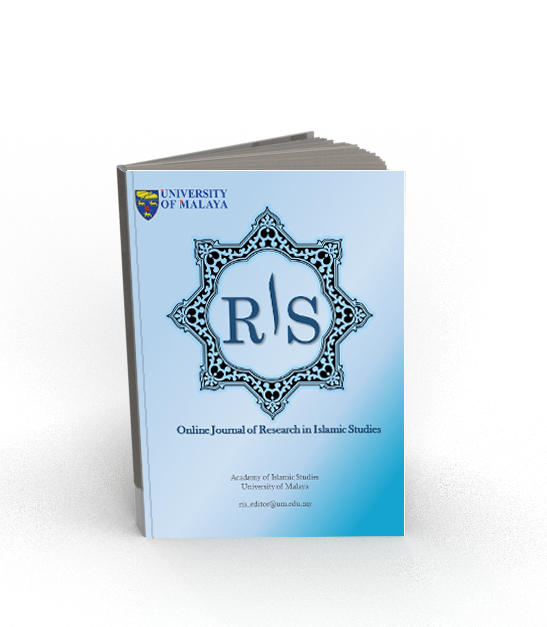Main Article Content
Abstract
This article examines how Muslims and non-Muslims share halal values in everyday life by exploring top-down standardisation of halal and bottom-up daily food practices in non-Muslim society, specifically, case study among the Hui and Han people in the People’s Republic of China. As global awareness of the halal market has increased, local governments in China and around the world have introduced regulations to manage halal food production. This policy environment also facilitates the entry of various actors into business — and uses international connections and co-operation to ensure the reliability and authority of halal marks in China. Additionally, in terms of access to and the culinary image of halal food in everyday life, it was found that Muslims prioritise service providers’ honesty and responsibility, while non-Muslims consume halal food as an alternative to local cuisine or as an economic tool.
Keywords
Article Details
Copyright Notice
By submitting manuscripts to the Online Journal of Research in Islamic Studies (RIS), authors agree to transfer copyright to the journal. However, authors may republish their work or grant others permission to republish it; in which case it should be accompanied by a proper acknowledgment that the work was originally published in the Online Journal of Research in Islamic Studies (RIS). The journal adopt CC-BY-NC licence which authors may also share and distribute their article anywhere of non-commercial website, social media and repositories immediately on publication.
Authors may also reuse the Abstract and Citation information (e.g. Title, Author name, Publication dates) of their article anywhere at any time including social media such as Facebook, blogs and Twitter, providing that where possible a link is included back to the article on the journal site.
